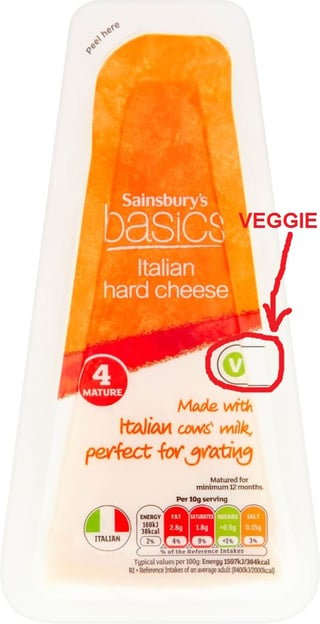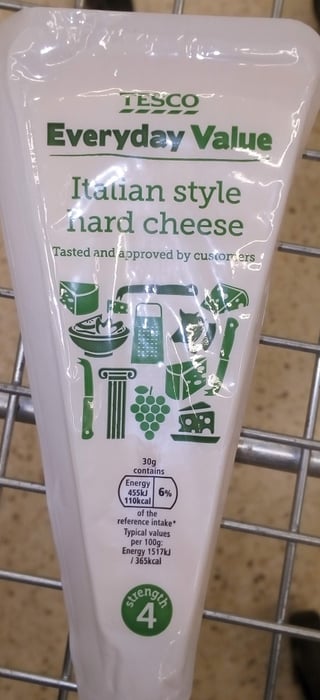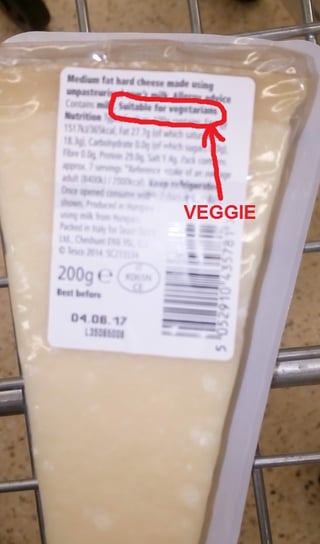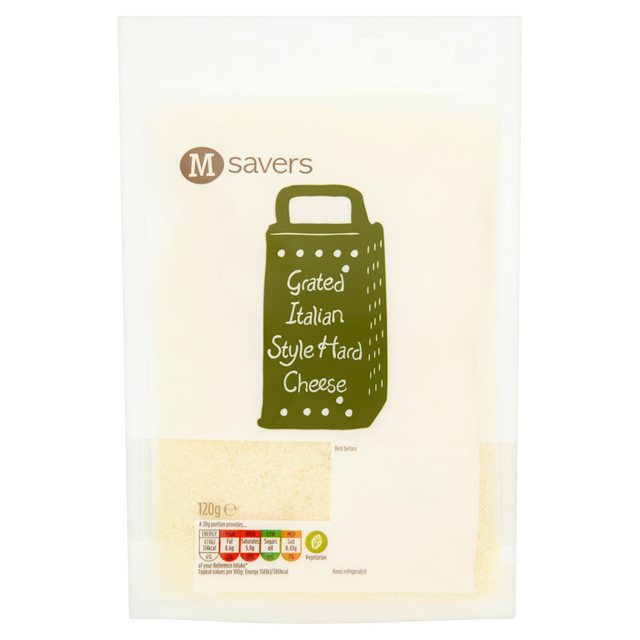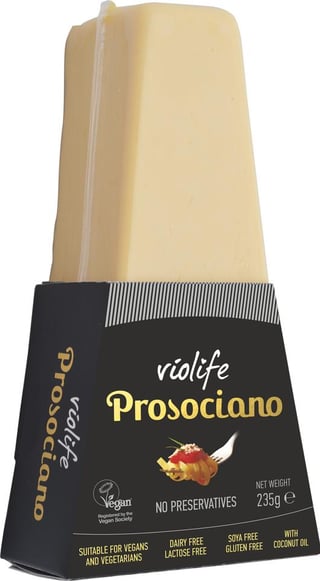Yes there are vegetarian versions available, but what you have to bear in mind is that there is a European scheme which protects the origin and quality of traditionally made foodstuffs such that it is illegal to make cheese and label it as "Parmesan" unless it is made in a specific region and with a specific method/recipe. In Europe, anything called "Parmesan" or "Parmiggiano" will always be non-vegetarian. Any vegetarian parmesan substitute is likely to either just be called "hard cheese" or have its own brand name. Outside of Europe however this is not always true since (as far as I know) the scheme is only agreed within Europe.
The European specification for Parmiggiano Reggiano cheese can be found here and contains the following:
Milk coagulation, obtained exclusively by the use of calf rennet, takes place in bell-shaped copper
vats; up to two wheels are made for each vat.
(emphasis mine).
Other cheeses which must always be made with animal rennet (in Europe) are Grana Padano and Pecorino Romano (which are both Italian hard cheeses) and Gorgonzola.
There is a page with good information about vegetarian cheese here: https://www.vegsoc.org/cheese
In supermarkets etc. in the UK they often seem to have an "own brand" of "value hard cheese" or "basics hard cheese" etc. which is cheaper than true Parmesan (since it can be made anywhere and does not have to adhere to the same strict method), but is very much like Parmesan in flavour and texture and in my experience has always been suitable for vegetarians.
There are also other Italian hard cheeses which are very similar to Parmesan but which are suitable for vegetarians such as "Granarolo Quattrocento Italian Cheese": Waitrose (UK supermarket) - though note that this example is also lactose free. These other Italian hard cheeses may be of a higher quality and closer to real Parmesan than the previously mentioned "basic"/"value" supermarket hard cheese but this is speculation on my part as I have not tried them.
